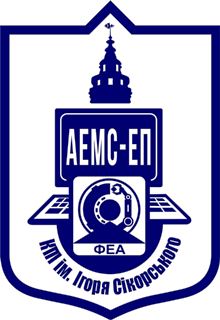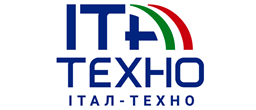| Subject / Educational component | Digital signal processing in electromechanical systems |
| Educational level | Second (Master’s degree) |
| Year of study, semester | 1 (1) |
| Number of ECTS credits | 5 |
| Language of study | English |
| Department | Department of Electromechanical Systems Automation and Electrical Drives |
| Assumed knowledge and prerequisites | English В2, knowledge of electric drive control, electric drive theory, automatic control theory, electric machines, theoretical foundations of electrical engineering, power electronics, elements and apparatus of electromechanical systems and electrical drives, logic сircuits synthesis |
| The scope of the course | The discipline studies the features of control systems development on the basis of digital signal processors. Features of control algorithms implementation for different types of electric motors, pulse-width modulation, measurement of analog signals in systems with pulse-width modulation, signal filtering, processing of signals from speed and angular position sensors, measurement of physical quantities using modules are considered, as well as communication interfaces of modern digital signal processors are considered. |
| Rationale | Modern control systems for electrical drives are based on digital signal processors that operate in real time. For successful operation and development of control systems, it is necessary to have knowledge of the basic principles of signal processing in electromechanical systems, to know the principles of operation of systems based on digital signal processors, to have information about communication interfaces. |
| Learning outcomes
|
Skills to:
– develop control controllers based on digital signal processors; |
| Competencies and skills
|
– to develop controllers on the basis of digital signal processors; – design control and automation systems based on microcontrollers; – to design complex electromechanical systems with the use of equipment from different manufacturers; |
| Instructional Materials: | Syllabus, learning materials (textbook, reference book, video lectures, podcasts etc) |
| Mode of delivery: | Lectures, laboratory workshops. |
| End-of-semester control: | Exam |










